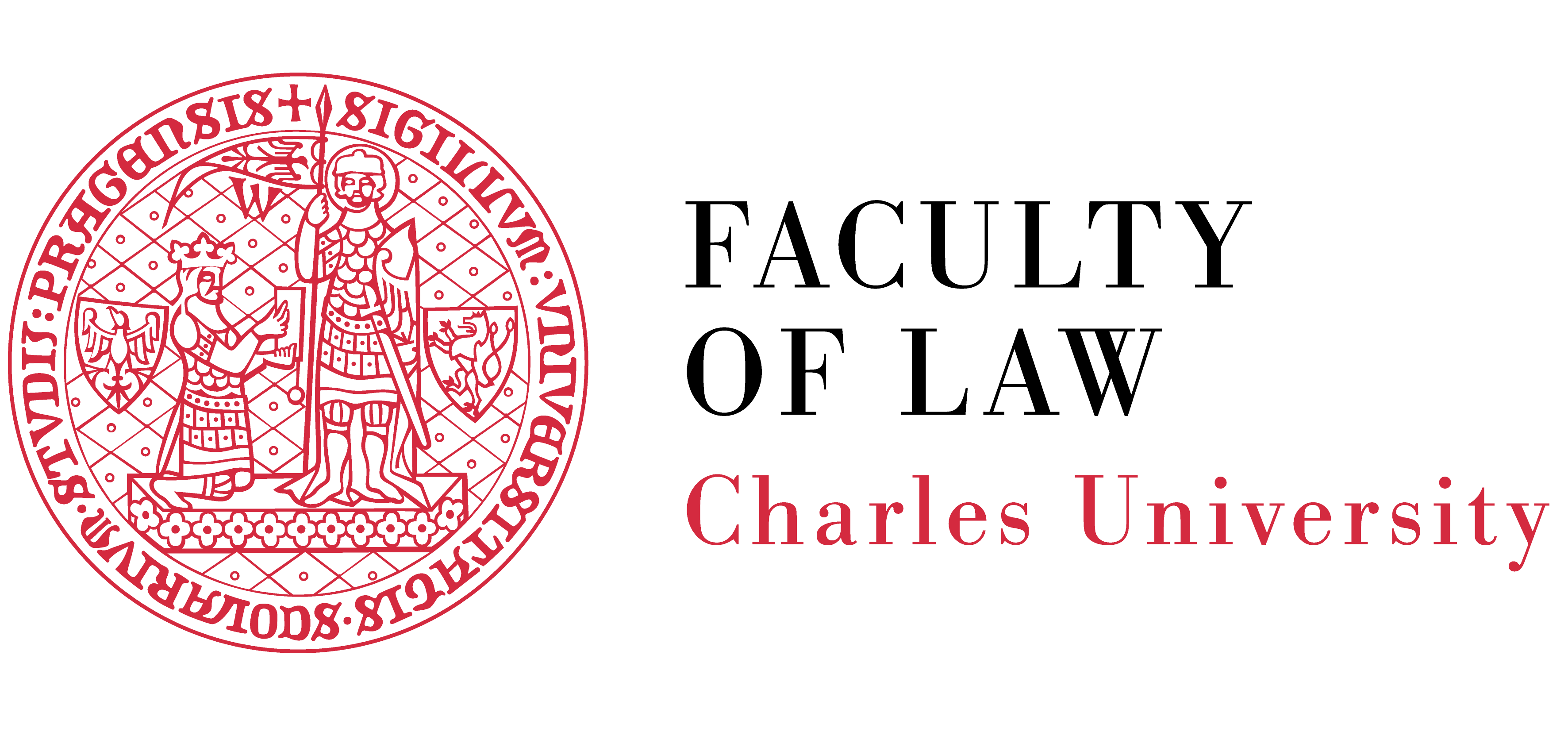
Programme
It is possible that the programme will change.
THURSDAY 6 JUNE 2024
ROOM 220
9:00 – 9:25 Registration
20 years of EU Membership – Labour Law and Social Security Law in Central and Eastern Europe
chair: Kristina Koldinská
9:25 – 9:40 Introduction (Monika Landmannová, Head of the European Commission Representation in the Czech Republic)
9:40 – 10:00 Keynote speech I – The Principle of Non-Discrimination in Central Europe before and after the 2004 Accession
(Zdeněk Kühn, Judge of the Constitutional Court of the Czech Republic)
10:00– 10:20 Keynote speech II – Some reflections on the transformative journey of CEE countries towards accession and integration into the EU labour and social acquis
(Cristina Mihes, senior expert, former Head of Labour Law and Reform Unit , ILO Geneva)
Block I – non-discrimination and equal treatment
chair: Attila Kun
10:20 – 10:35 The Right to be Disabled? – 25 Years of Fight against Discrimination on the grounds of Disability in the EU Law and its Impact on the Czech National Law
(Jana Komendová)
10:35 – 10:50 The Non-Discrimination Principle in the Workplace: the Court of Justice Rulings in Polish Cases
(Dagmara Skupień)
10:50 – 11:05 The Evolution of Polish Antidiscrimination Laws in the Workplace: A Labor Law Perspective in the Context of European Union (‘EU’) Regulations
(Marcin Wujczyk)
11:05 – 11:15 Discussion
11:15 – 11:45 coffee break
Block II – social protection
chair: Grega Strban
11:45 – 12:00 Long-term care – not a nightmare in the EU?
(Kristina Koldinská)
12:00 – 12:15 Right of the elderly to social protection through the supranational and regional European lenses – Case-study of the Czech Republic
(Roman Zapletal)
12:15 – 12:30 From necessity to equality – a model of social protection for contract workers in Poland three decades after the end of the political transformation of the 1990s
(Eliza Maniewska and Marcin Krajewski)
12:30 – 12:45 Emloyment of persons with disabilities: How far is Ukraine from European equality standards?
(Yana Simutina and Olena Rym)
12:45 – 13:00 Discussion
13:00 – 13:45 lunch
Block III – social protection II
chair: Marcin Wujczyk
13:45 – 14:00 Interplay between EU law and Slovenian law in cross-border healthcare
(Grega Strban)
14:00 – 14:15 Legal regime of the social security certificate from the perspective of the CJEU case law
(Martin Štefko)
14:15 – 14:30 The mismatch between EU policy, social, and free movement rights a typological review (Luka Mišič)
14:30 – 14:45 Social rights of temporary protected persons in the EU: Current challenges and further perspectives
(Alla Fedorova)
14:45 – 15:00 Separate and Unequal: Persistent Segregation of Roma Children in Czech Republic and Eastern Europe
(Jakub Tomšej)
15:00 – 15:15 Social rights of the elderly – Analysis from the viewpoint of EU social policy, the market and the Hungarian law
(Henriett Rab and Márton Leó Zaccaria)
15:15 – 15:25 Discussion
15:25 – 15:55 coffee break
Block IV a – Work-life balance
chair: Kateřina Štěpánková
15:55 – 17:15
- The work-life balance in EU law and the quest of substantive gender equality in reconciling work with family responsibilities (Aleksandar Ristovski)
- In the lead or among the laggards ? – CEE countries and work-life balance
(Árpád József Mészáros) - Work-life Balance from the Czech and English Perspective:a Brief Comparison
(Kateřina Štěpánková) - Work-life balance in Poland before and after the implementation of Directive 2019/1158. Could we have done more?
(Kinga Moras-Olaś and Justyna Czerniak-Swędzioł)
Block IV b – Work-life balance
ROOM 303
chair: Lucie Matějka Řehořová
15:55 – 17:15
- Maternity and Parental Leave Management as a Tool for Work – Life Balance
(Lucie Matějka Řehořová) - The changing role of the employer in the light of work-life balance
(György Nádas and Peter Sipka) - Changes in parental rights as a result of the implementation of EU directives in Polish labor law and their impact on women´s professional activity
(Wioletta Witoszko) - Implementation of the provisions on parental leave to Polish labour law – success or missed opportunity?
(Monika Latos – Miłkowska)
FRIDAY 7 JUNE 2024
ROOM 220
Block I – posting of employees, bargaining, other labour law topics
chair: Martin Štefko
9:00 – 9:15 Lost in Space: CEE Countries Workforce and 20 Years of Enlargement
(Tena Konjević)
9:15 – 9:30 Balancing Legislation and Moral Capitalism: Enhancing Employee Decision-Making Access (Dana Volosevici)
9:30 – 9:45 The challenges of the implementation of EU labour law in CEE-countries, with specific regard to enforcement – the case of Hungary
(Sára Hungler and Attila Kun)
9:45 – 10:00 No Past, No Future? The Development of Collective Bargaining in Poland (Błażej Mądrzycki and Łukasz Pisarczyk)
10:00 – 10:25 Dicussion
10:25 – 10:55 coffee break
Block II – wage transparency, minimum wages
chair: Jakub Tomšej
10:55- 11:10 TCA – the beloved or unloved child of global and European trade union federations (Barbara Surdykowska)
11:10- 11:25 The Directive 2023/970 on wage transparency and equal principles of remuneration for male and female employees (Andrzej Świątkowski)
11:25- 11:40 Openness and transparency of remuneration. Selected challenges of the national legislator in the light of Directive (EU) 2023/970 of the European Parliament and of the Council (Paulina Matyjas-Łysakowska)
11:40 – 11:55 The Influence of the EU Directive on Adequate Minimum Wages: Insights from the Czech Republic (Jitka Špeciánová)
11:55 – 12:05 Discussion
12:05 – 12:20 final word, conlusions
12:30 lunch
